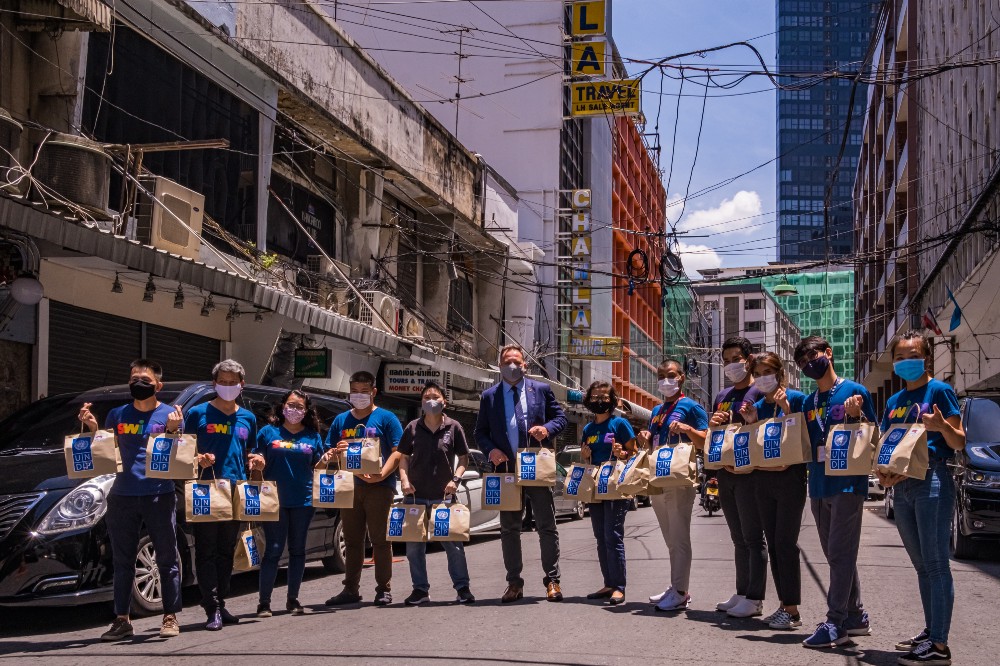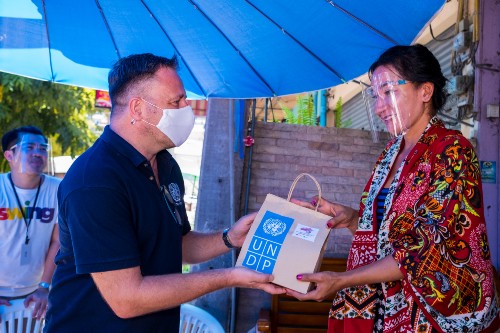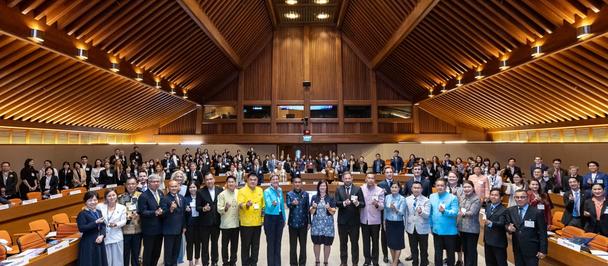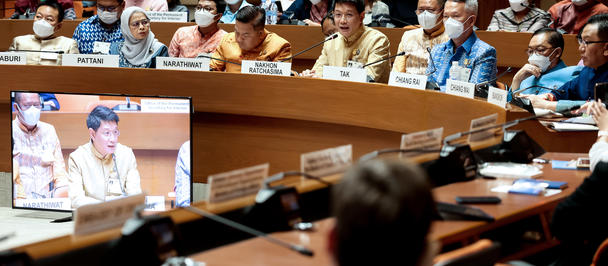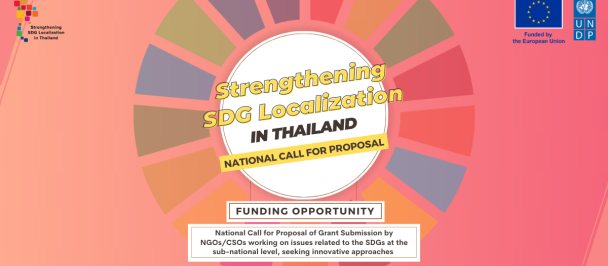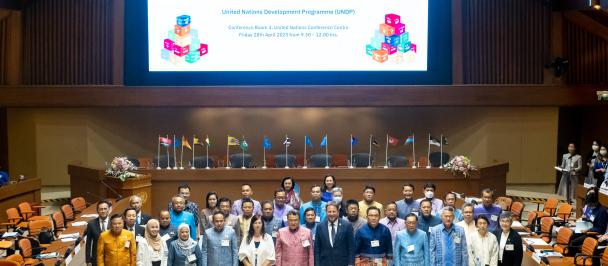“During COVID-19 pandemic, I have not had any clients because of the reduction of tourists and foreigners, and I have not been able to look for clients online,” says 23-year-old Peach who is a transgender sex worker in Pattaya.
As Peach struggles to make ends meet, she expresses that life as a transgender sex worker was difficult to begin with — she struggled with being accepted in her own family, her clients often bargained on the service fee provided by transgender workers, and she had the added pressure of providing for her family. To add to this mix, the pandemic has only perpetuated her problems further. She shares, “I have lost my income, which I relied on to provide for myself as well as my family. Now, I am hardly able to pay my rent.”
Another transgender sex worker, 25-year-old Namson, also identifies with this situation. Namson says, “I really hope that the economy improves because I have been unemployed for many months now and have a lot of expenses that need to be paid for. I do not want to continue to be in this dire situation — it is very difficult for people like us who are living on a hand to mouth basis.”
As economies across borders find new ways of functioning, all kinds of work are shifting their working modality. This is true also for the work of sex workers, particular those who identify as lesbian, gay, bisexual and transgender (LGBT) and are among the most vulnerable communities. An online survey that was conducted in May, jointly by UNDP Thailand and the Asia Pacific Transgender Network, revealed that 47% of the LGBT people surveyed lost their job or were forced to go on unpaid leave because of the pandemic.
The lost source of income has made it difficult for many of the transgender sex workers to maintain their supplies of hormones, which, if discontinued, can have long term impacts on their health. “My company pays around 70% of my monthly income and I benefit from the Social Security Fund. However, this is still not enough for me to continue my medication to maintain my hormones. I have had to cut down on the amount of hormones medication, vitamins, and supplements that I am used to consuming,” says Jing-Jo, who is also a transgender sex worker.
In these difficult times, Sisters Foundation has been providing support to this community. Peach shares, “It is fortunate that Sisters Foundation has stepped in to support us by providing food. Additionally, government agencies have also assisted us financially.” The aforementioned survey also found that 22% respondents received financial support from the government. Namson also echoes, “I have been receiving food and basic supplies from Sisters Foundation which has been a great help to get me through this period and allowed me to survive each day.”
UNDP collaborated with Sisters Foundation, Empower Foundation, SWING Thailand Foundation, and Rainbow Sky Association of Thailand in July to support sex workers, particularly from the LGBT community in the wake of the pandemic. Together with UNDP, these organizations handed over basic supplies such as food, water and personal protective equipment benefitting over 2,000 sex workers across the country.
This story has also been published on medium.

 Locations
Locations

